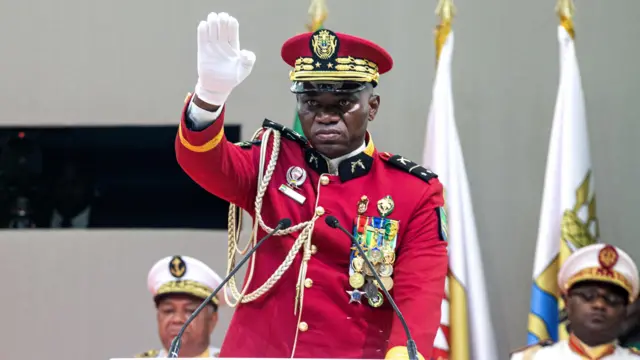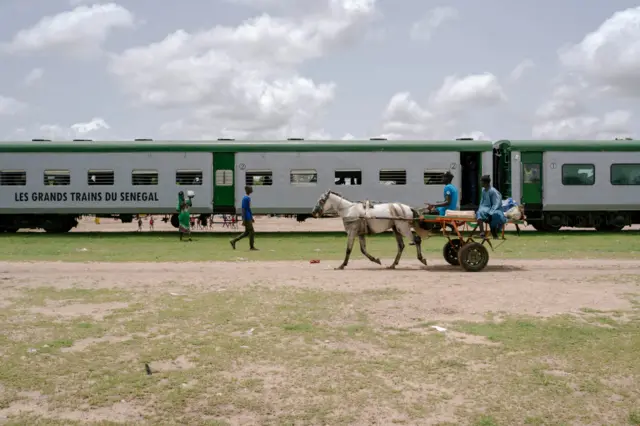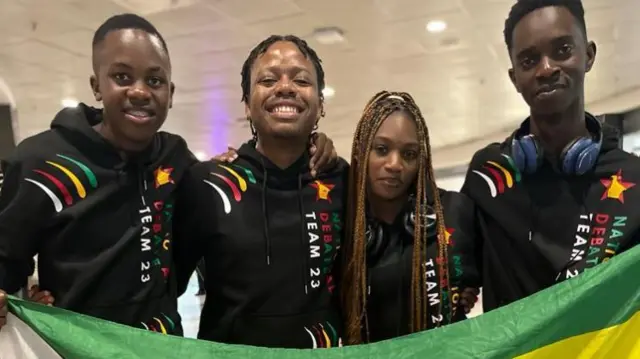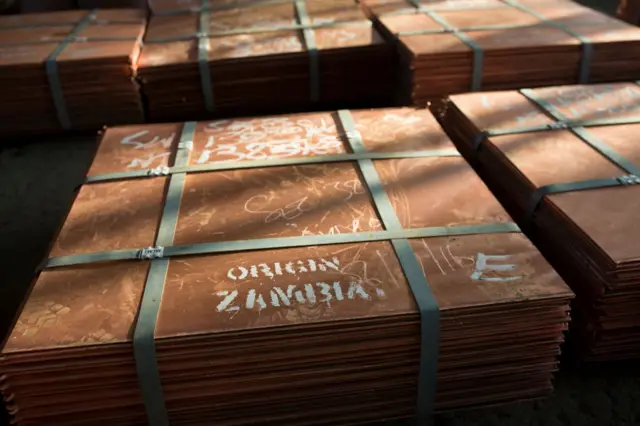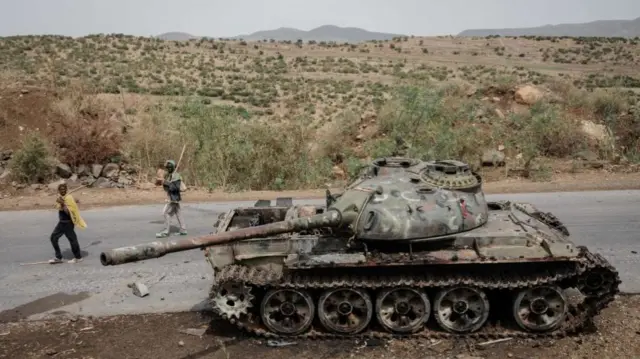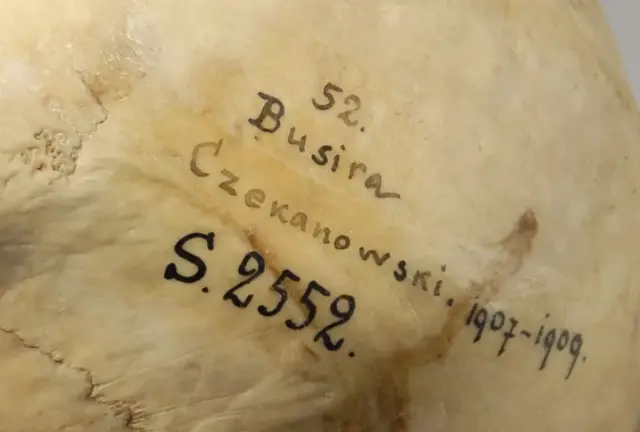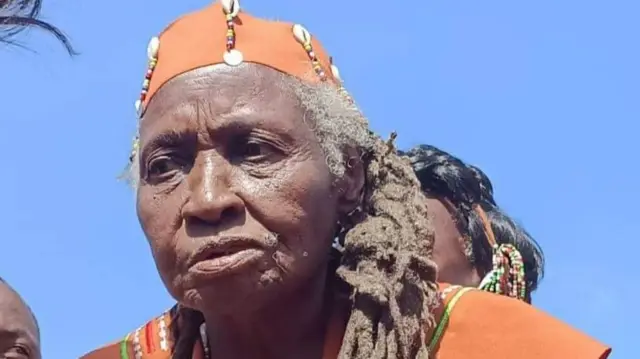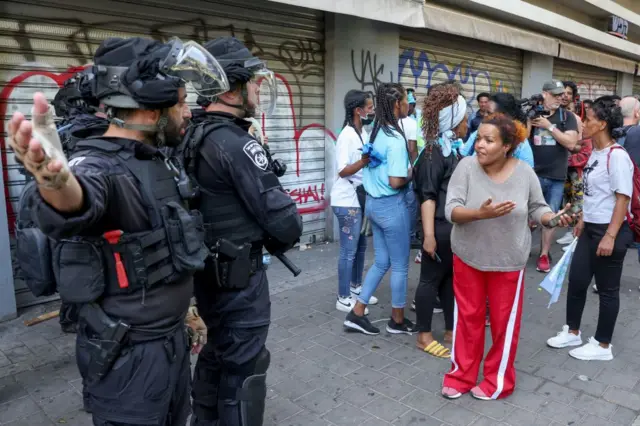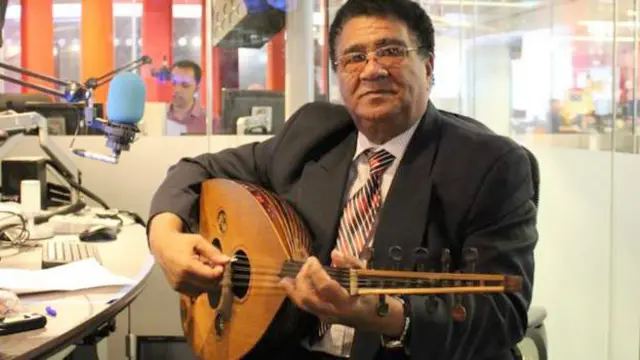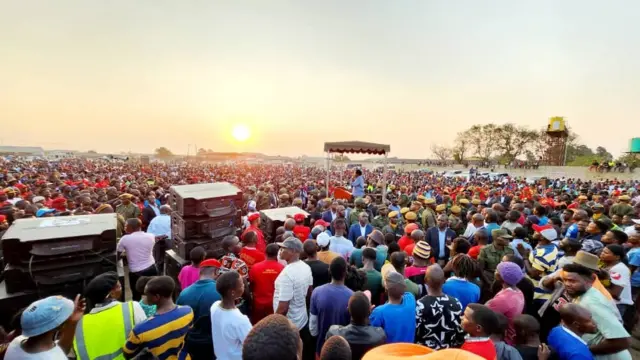Tunisian police arrest top opposition officialspublished at 07:36 BST 6 September 2023
Wazir Khamsin
BBC News
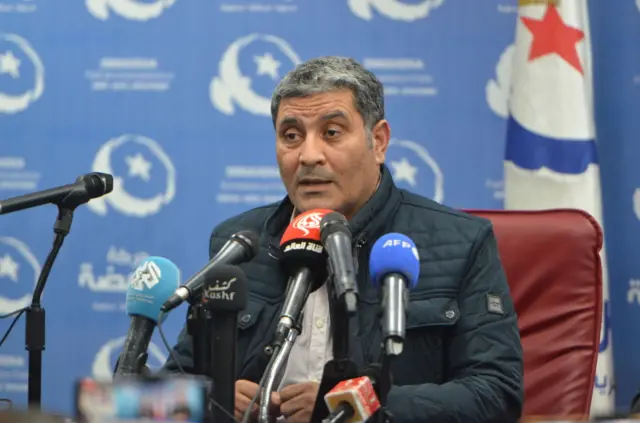 Image source, Getty Images
Image source, Getty ImagesThe interim head of Ennahda, Mondher Ounissi, was among those arrested
Tunisian police have arrested the top two officials in the main opposition party, the party says.
They include the interim head of Ennahda, Mondher Ounissi.
His detention is said to be linked to audio messages in which he purportedly accuses party colleagues of receiving illegal funds.
Mr Ounissi says the recordings are fabricated.
The Tunisian authorities have detained a series of opposition figures this year.
President Kais Saied has ruled by decree since 2021, when he sacked parliament and dissolved the government.
His critics accuse him of carrying out a coup.

